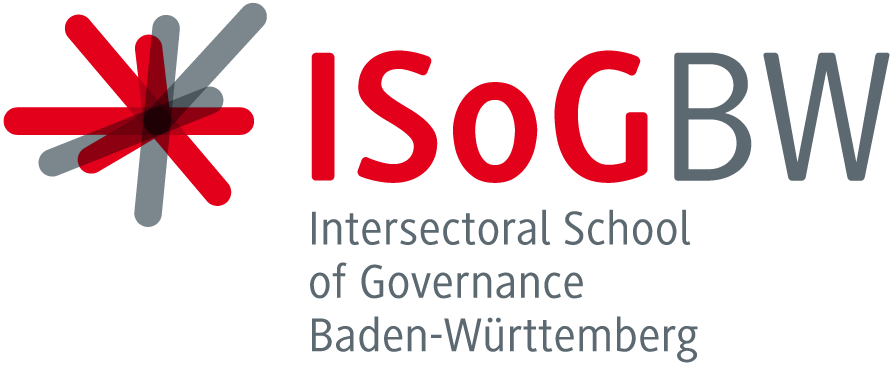On-site visit to the Urban Traffic Living Labs by the city of Karlsruhe
Living Labs are typically implemented by researchers who then involve practitioners in the research process. The case of the Traffic Living Lab, designed and implemented by the City of Karlsruhe, Germany, shows that practitioners can also take the lead, but then involve scientists to independently monitor the process and results of the project.
The project was presented by Professor Dr. Jan Riel, Professor at the Hochschule Karlsruhe – University of Applied Sciences, and his colleague Verena Wagner who was back then staff member in the traffic planing department of the city administration.
The City’s Living Lab included several temporary experiments on or nearby the Karlstraße and the Court ‘Passagenhof’. The Labs were related to car traffic, cylists, pedestrian and public space. Some experiments were so successful that they were implemented on a permanent basis. The experiments included structural changes to transport infrastructure to reduce conflicts between cars, cyclists and pedestrians, traffic calming measures and pedestrian-friendly traffic lights.
This visit was part of a programme, focused on promoting German-Central Asian living lab projects. It was jointly organised by SPCE Hub, ISoG BW, and Hochschule Karlsruhe – University of Applied Sciences. The programme was financed by the German Academic Exchange Service (DAAD) with funds from the German Foreign Federal Office.


Partners



